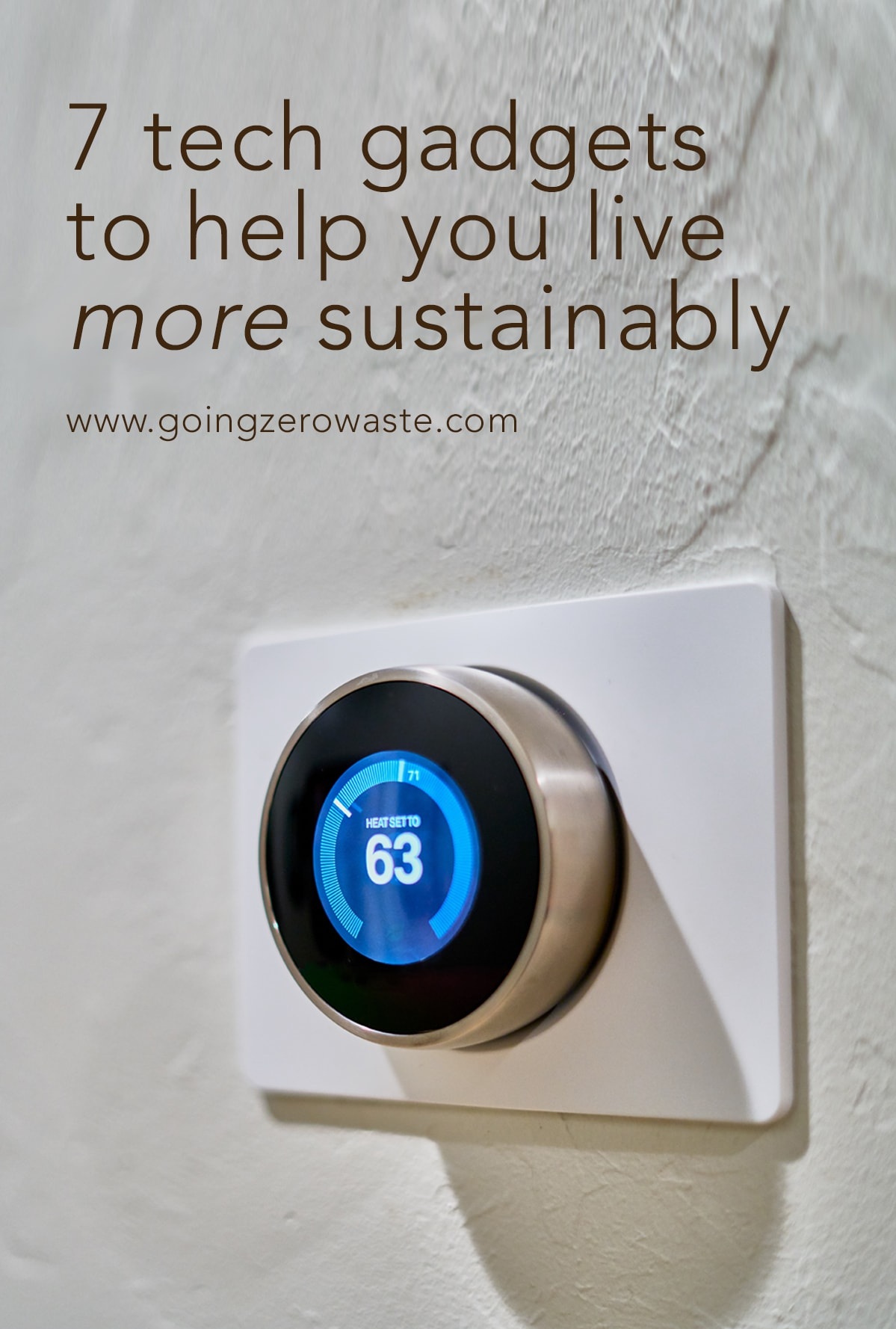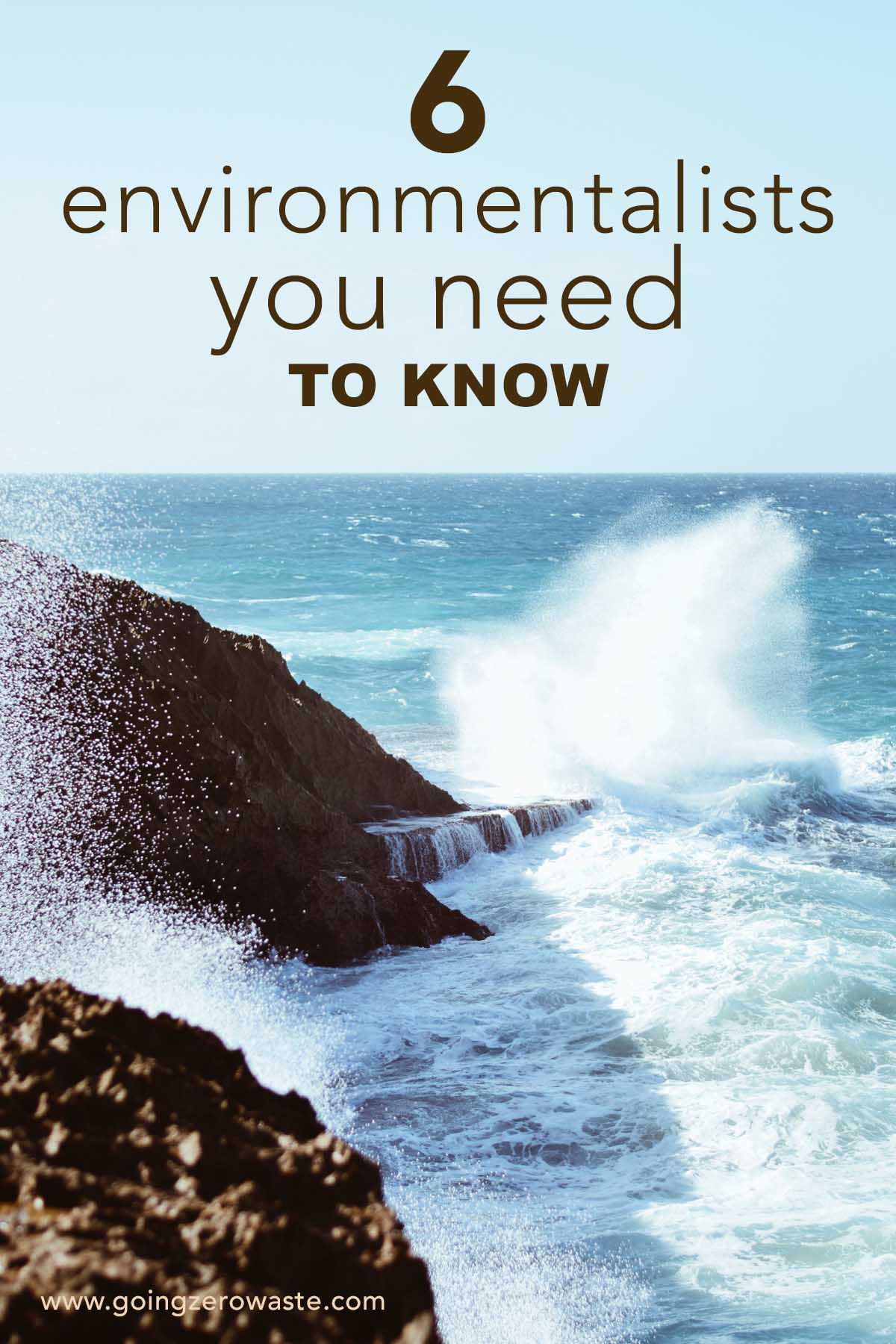When you hear people tout the benefits of going zero waste, you'll most likely hear some of the same talking points like saving money and improved health both physically and mentally.
There's also the added bonus of being able to support your local community and being an active part in making the world a better place.
All of these things are great, but there are some serious benefits that translate into real life skills that no one is talking about.
Going zero waste is about more than just jars and farmers markets. It's helping to develop well rounded individuals that can speak about important issues intelligently, carry-on conversations, and look below the surface.
1. confidence:
The first unexpected benefit is confidence. Going zero waste has allowed me to reach an entirely new level of confidence. I thought I was a fairly confident person to begin with, but man - this is next level.
It takes guts to go against the grain. It takes a lot of confidence to bravely ask for something out of the ordinary. Just try walking up to a deli counter, that you've never been to before, and ask for food to go in your own container.
You will start to question everything.
- Is that person judging me?
- Is my container clean enough?
- I see a water spot!
- Will they think it's dirt?
- Will they reject me?
- This is making my palms sweat.
- There's 1,000 butterflies in my throat.
- I think my throat is closing.
- Take a deep breath.
- If they reject me do I accept my items in a plastic tub?
- Do I leave the line?
- What will the other people in line think?
- Yes, she's definitely judging me.
- Why am I here!?
- Do I need to eat olives? I can live without these olives.
- Maybe I should just go...
- What if I drop my container and it shatters everywhere?
- My palm sweat is making it slippery
- Should I hold it tighter?
- My knuckles are turning white.
- Will my palm sweat make my container look dirty?
- What if they think my container is dirty!? I'm not a dirty person.
- Should I try and wipe down my container?
- *tries to carefully and discretely wipe down the container with an unused produce bag*
Any of these thoughts sound familiar? Or is it just me?
Then, after all that self-riddled anxiety, you have to somehow confidently convey that this is the coolest, most normal thing in the world.
You have to drum up confidence you didn't even know you had, and this is how the scenario has played out for me 9/10.
Deli Dude: Next in line, how can I help you?
KK: Hi, I would like 1lb of olives to go in this jar. (Smiles, hands over clean jar)
Deli Dude: Wow, this is really neat.
Judgy Jane: Is that just a regular mason jar? That's such a smart idea! I want to do that next time.
KK: Yah! It's great, your food lasts so much longer and it's a great way to cut down on unnecessary plastic.
(Deli Dude and Judgy Jane both nod in agreement)
A couple of things happened from this transaction. I've noticed that I automatically assume that people are judging me. When, in fact, most of the time it's something I put on myself.
I also got to speak briefly about plastic pollution. It can be really difficult to bring up hard topics like plastic pollution without sounding preachy and pious.
When you authentically live your values, which involves doing things slightly out of the ordinary like bringing your own produce bags or jars to the deli, people will come up and talk to you.
Then you can talk about these hard issues without sounding like debbie downer. These small acts open doors, and hopefully inspire other people to question their plastic usage.
2. communication:
Zero waste isn't really an easy to define term. When most people ask you, "Why don't you want plastic?" You have about three seconds and getting into a linear vs. circular economy just isn't going to cut it.
I wrote a post on the definition of zero waste. When I read the post, it was 15 minutes long. No one has time to listen to you ramble for 15 minutes about the difference between biodegrading and photodegrading, nor do they really want to hear about the straw ripped out of a turtle's nose.
So, you have to get clever about how to convey the message in a nice succinct little soundbite that get's the message across without sounding preachy.
It is not an easy task.
When going zero waste, I'm sure most people don't tell you how your communication skills are going to improve, but they will - vastly.
Being an actor, my job is communication. My job is to tell a story in away that it resonates with the audience. Of course when I'm on stage, I have help from the lighting crew, audio engineers, costumers, stage managers, make-up artists, set designers, and other cast members.
In normal life, it's me with a naked face under fluorescent lighting. The situation is not ideal.
This is why I no longer ask permission. I politely tell like in the first example. When I ask the question, I hand over all of the power.
Deli Dude: Next in line, how can I help you?
KK: Hi, can I use this jar to get 1lb of olives to go?
Deli Dude: Um, we have plastic tubs.
KK: I know, I'm just trying to avoid plastic.
Deli Dude: (blank stare)
KK: I try to avoid plastic for health reasons, and it's really bad for the environment.
Deli Dude: Let me ask my manager.
Don't give up the power. Keep the power, and learn to find your little sound bite to communicate your thoughts on plastic without getting too in depth and throwing a person into information overload.
In fact, maybe come up with a few talking points. This way you're prepared in conversations. When you're prepared you always come off with more confidence.
The last thing you want is to try to explain what zero waste is and then get super tongue tied, and um, yah, there was this - uh, um, article I read and it said that. um, 50% of, uh, the worlds plastic is, um, used only once... I think.
talking points:
- recycling facts
- big four
- what is zero waste?
- why you started
Communication is a skill just like any other, but when you do things a little differently, you're forced to exercise it on the reg.
3. critical thinking:
Critical thinking is an incredibly valuable skill, and something you will be doing a lot more. You'll be doing a lot of research because it's difficult to take claims at face value.
No longer will you be able to read a label that says "Natural," without wondering what that really means.
You'll start looking at supply chains and asking questions. With all of your confidence and awesome communication skills, you'll be able to chat with the farmers that grow your food. Email a customer service rep at a company you like to find out about their environmental programs.
You're also going to start looking at claims and articles with a more critical eye. No longer will you hit the share button without further investigation. You're going to start digging deeper. Does this article have sources? Who are the sources? Are the sources reputable?
You're going to start reading a lot more "About" pages. You're going to have to wade through environmental claims and evaluate how to make the best choice for the environment.
Sometimes this work is a lot of fun, but sometimes it's also really draining.
All of the information can lead to analysis paralysis, but it's important to remember that NO ONE is perfect. We're all just a whole bunch of flawed humans trying to make a positive impact.
Those are the three unexpected life skills I've improved since going zero waste, and it's three things I never would have attributed to cutting out trash. Have you experienced an unexpected benefit of going zero waste? I would love to hear!











